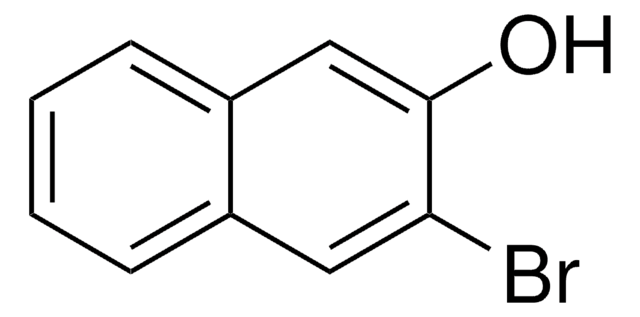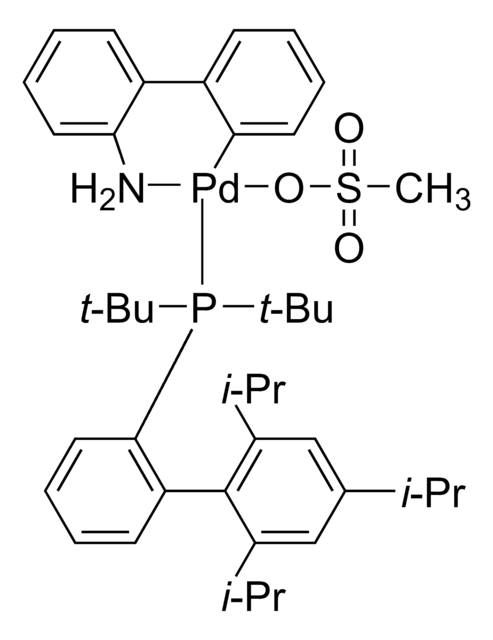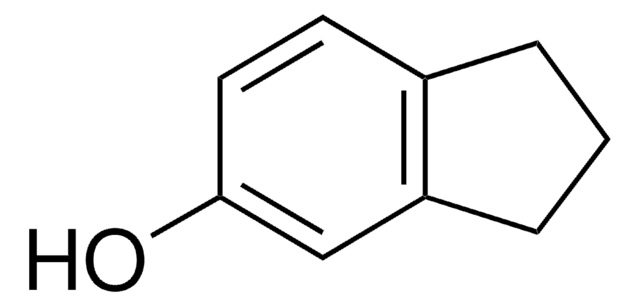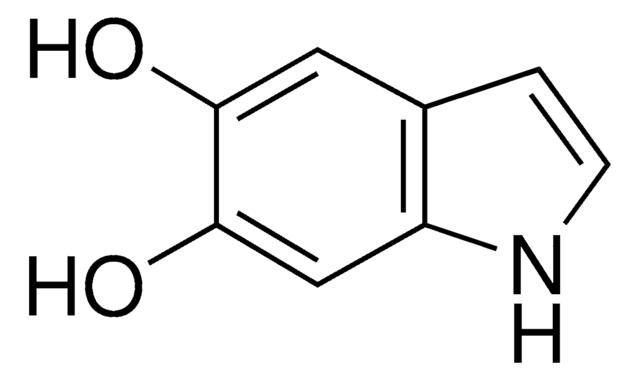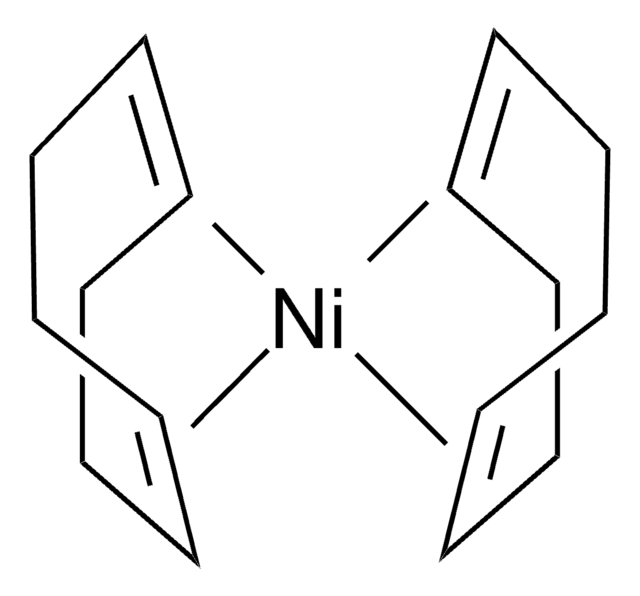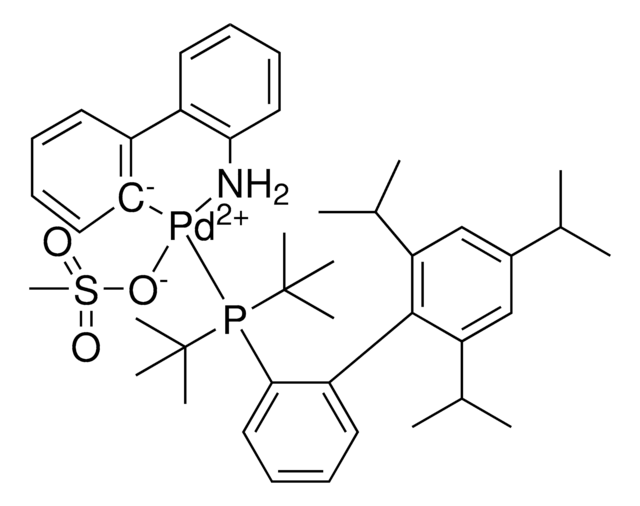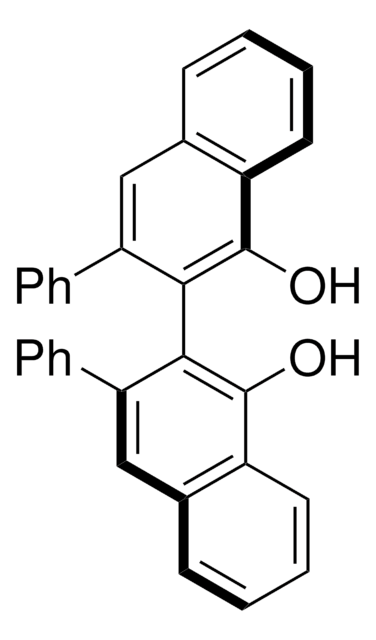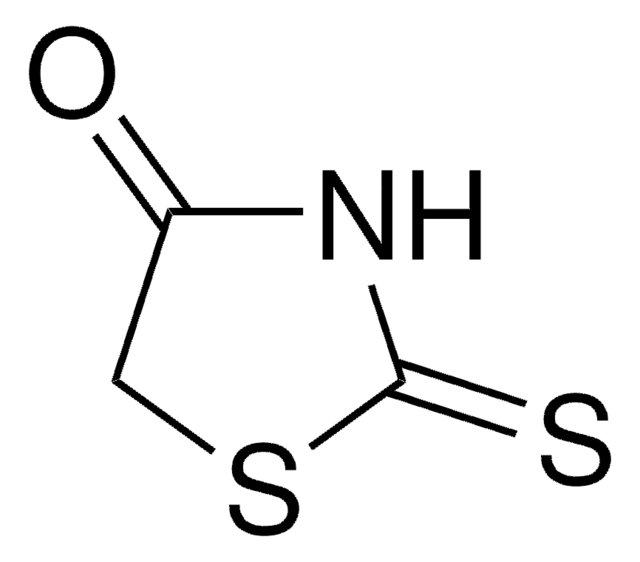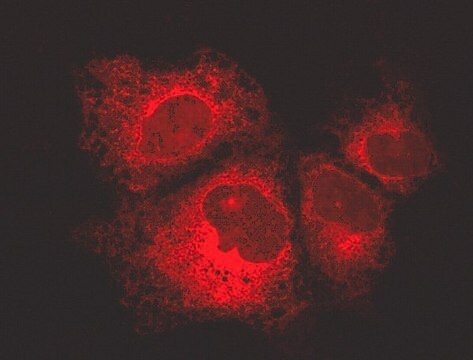Alle Fotos(1)
Wichtige Dokumente
180459
5,6,7,8-Tetrahydro-2-naphthol
98%
Anmeldenzur Ansicht organisationsspezifischer und vertraglich vereinbarter Preise
Alle Fotos(1)
About This Item
Empirische Formel (Hill-System):
C10H12O
CAS-Nummer:
Molekulargewicht:
148.20
EG-Nummer:
MDL-Nummer:
UNSPSC-Code:
12352100
PubChem Substanz-ID:
NACRES:
NA.22
Empfohlene Produkte
Assay
98%
bp
275-276 °C (lit.)
mp (Schmelzpunkt)
59-61 °C (lit.)
SMILES String
Oc1ccc2CCCCc2c1
InChI
1S/C10H12O/c11-10-6-5-8-3-1-2-4-9(8)7-10/h5-7,11H,1-4H2
InChIKey
UMKXSOXZAXIOPJ-UHFFFAOYSA-N
Verwandte Kategorien
Anwendung
5,6,7,8-Tetrahydro-2-naphthol was used as a model compound in the study of photochemical transformation of 17β-estradiol (natural estrogenic steroid) and 17α-ethinylestradiol (synthetic oral contraceptive).
Signalwort
Warning
H-Sätze
Gefahreneinstufungen
Eye Irrit. 2 - Skin Irrit. 2 - STOT SE 3
Zielorgane
Respiratory system
Lagerklassenschlüssel
11 - Combustible Solids
WGK
WGK 3
Flammpunkt (°F)
235.4 °F - closed cup
Flammpunkt (°C)
113 °C - closed cup
Persönliche Schutzausrüstung
dust mask type N95 (US), Eyeshields, Gloves
Hier finden Sie alle aktuellen Versionen:
Besitzen Sie dieses Produkt bereits?
In der Dokumentenbibliothek finden Sie die Dokumentation zu den Produkten, die Sie kürzlich erworben haben.
T Bhattacharya et al.
Spectrochimica acta. Part A, Molecular and biomolecular spectroscopy, 59(3), 525-535 (2003-01-14)
Both steady state and time resolved spectroscopic measurements reveal that the prime process involved in quenching mechanism of the lowest excited singlet (S1) and triplet (T1) states of the well known electron acceptor 9-Cyanoanthracene (9CNA) in presence of 5,6,7,8-tetrahydro-1-naphthol (TH1N)
B Kalyanaraman et al.
The Journal of biological chemistry, 259(22), 14018-14022 (1984-11-25)
Electron spin resonance spectroscopy has been used to demonstrate production of semiquinone-free radicals from the oxidation of the catechol estrogens 2- and 4-hydroxyestradiol and 2,6- and 4,6-dihydroxyestradiol. Radicals were generated either enzymatically (using horseradish peroxidase-H2O2 or tyrosinase-O2) or by autoxidation
Patrick Mazellier et al.
Chemosphere, 73(8), 1216-1223 (2008-09-03)
The photochemical transformation of natural estrogenic steroid 17beta-estradiol (E2) and the synthetic oral contraceptive 17alpha-ethinylestradiol (EE2) has been studied in dilute non buffered aqueous solution (pH 5.5-6.0) upon monochromatic (254 nm) and polychromatic (lambda>290 nm) irradiation. Upon irradiation at 254
N M Howarth et al.
Steroids, 62(4), 346-350 (1997-04-01)
In our continuing quest to design efficient inhibitors of estrone sulfatase activity and to assess the recognition of estrone sulfate surrogates by estrone sulfatase, we synthesized and evaluated several sulfonate derivatives of 5,6,7,8-tetrahydronaphth-2-ol and estrone. 5,6,7,8-Tetrahydronaphth-2-methanesulfonate (11), and 5,6,7,8-tetrahydronaphth-2-(p-toluene)sulfonate (12)
Unser Team von Wissenschaftlern verfügt über Erfahrung in allen Forschungsbereichen einschließlich Life Science, Materialwissenschaften, chemischer Synthese, Chromatographie, Analytik und vielen mehr..
Setzen Sie sich mit dem technischen Dienst in Verbindung.